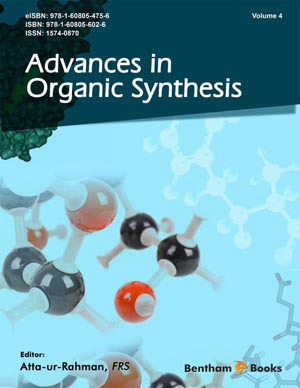Abstract
Alzheimer’s disease (AD) is the most common form of dementia affecting older people (60-80% cases). Besides the neuropathologic hallmark abnormalities that are deposits of the protein fragment β-amyloid (plaques) and twisted strands of the protein tau (tangles), AD is characterized by a consistent deficit in cholinergic neurotransmission, consequently leading to destruction of cholinergic neurons in basal forebrain. Cholinesterases (acetylcholinesterase - AChE, and butyrylcholinesterase - BChE) are serine hydrolases that split acetylcholine (ACh) and terminate its action. Cholinesterase inhibitors increase the levels of ACh and prolong its action. For this reason, they have relevance to the treatment of neurodegenerative disorders. Moreover, AChE inhibition holds a key role to reduce the aggregation of β amyloid and the formation of the neurotoxic fibrils. Recently, researchers move their interest in finding drugs that are able to inhibit both of these events. This chapter covers the current knowledge of natural products as cholinesterase inhibitors and how these compounds could serve as lead compounds for semi-synthetic analogs with improved properties. In particular, studies in the period 2000-2007 and from 2013 until now (2014 first semester) are reported.
Keywords: Acetylcholinesterase, alkaloids, alzheimer’s disease, butyrylcholinesterase, derivatives, neurodegenerative disorders, polyphenols, terpenoids.






















